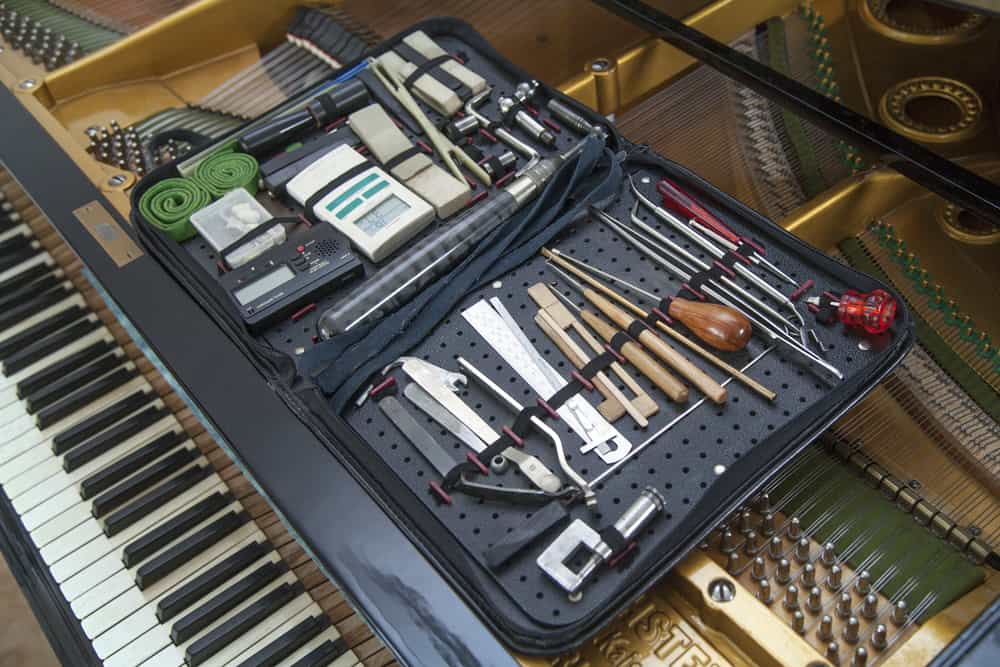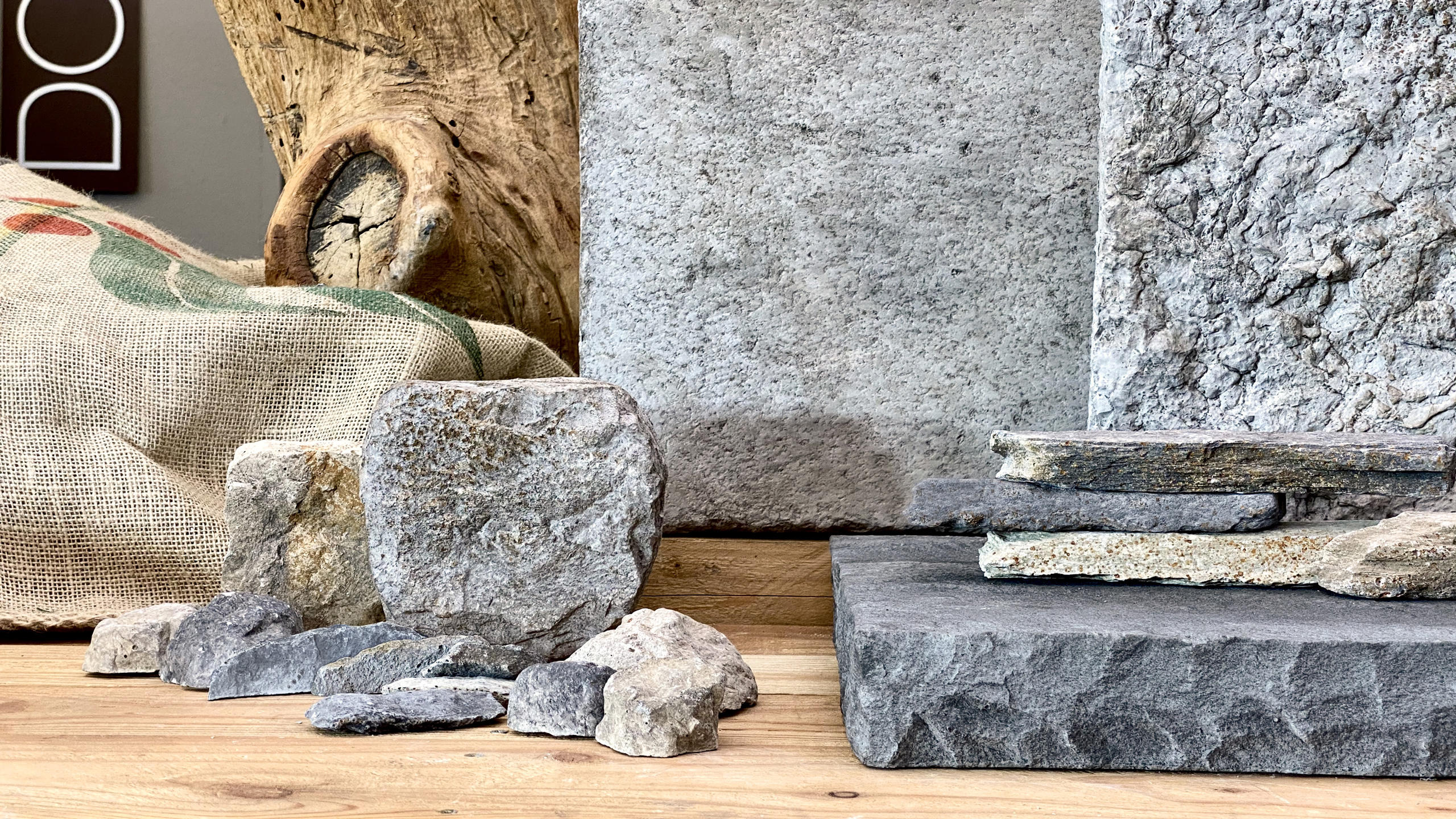
Proper tuning reduces the risk of a piano wire snapping during play. Piano tuning does more than ensure the instrument produces music correctly tuning a piano prevents damage that occurs when someone plays an overstretched string. If you don’t use these appliances or your home suffers inconsistent humidity levels for any reason, schedule more frequent tuning throughout the year! What Happens If You Don’t Tune a Piano? Most homeowners will keep a humidifier, dehumidifier, space heater, and other such small appliances in the same room as a piano, as needed to ensure consistent temperature and humidity levels. It’s also recommended that you schedule more frequent tuning if your home goes through severe changes in humidity levels throughout the year. If your piano has sat untouched for the last six months, have it tuned so that the wires can be adjusted as needed, especially before playing it again. If you play daily, consider twice-annual tuning, if not more often. That's why tuning is so important-it ensures that the piano will remain in tune throughout its lifespan.Īdjust your own piano tuning schedule accordingly. Piano strings, however, are much thicker than guitar strings and don't stretch nearly as much. This is similar to what happens with guitar strings: they stretch and need to be tuned. However, when left idle for several months, those wires will begin to sag and stretch on their own. While twice-yearly or annual tuning is often recommended, note that a piano starts going out of tune the minute it’s played and will also go out of tune if left idle for long periods of time! The more often those hammers strike the piano wires, the more stretched they get so that they will need tuning. This schedule will compensate for average and occasional playing and for the piano continuing to shrink and expand just slightly as humidity levels in the home adjust throughout the year. How often should a home piano be tuned?Īfter the first year, most home pianos need twice-yearly tuning.

Tuning those new strings more frequently during that first year reduces the risk of breaking a string during play and ensuring they’re always in proper tune. Note, too, that new strings stretch out more easily and go out of tune more readily. In turn, you’ll need to have the piano tuned more frequently during that first year, after which the piano will have acclimated to its new environment and won’t need such frequent tuning. This schedule is needed because the wood that makes up a piano body and other parts adjusts to its new environment the most during that first year as wood absorbs surrounding humidity, it will expand and then shrink as it dries out.Īs a wood piano body goes through this expand-shrink cycle, it pulls on the wires inside, causing them to stretch and then go slack. How often should you tune a new piano?Ī new piano should be tuned about four times in the first year.

Note a few added details about what this means so you can ensure your piano is always in proper tune and good condition. Piano tuning depends on its age and usage.
#Requirements for becoming a piano tuner professional
Professional advice and services are especially vital for antique or otherwise uniquely valuable instruments, so they’re given proper attention and care and retain their value over the years. Whether you play piano professionally or have a piano at home you only use on occasion, you might consider some added information about piano tuning, including signs that it’s time to call a piano tuning expert! You might also consider what is and is not included in standard tuning visits, so you know when to schedule additional services for your instrument.Īs always, discuss this information and other questions you might have with a piano restoration company or piano tuner near you. This schedule needs adjusting according to usage of your piano, as the more it’s played, the more often it needs tuning!


Most piano manufacturers recommend tuning a new piano four times during the first year and then twice yearly after that at the very least, a piano needs tuning once a year. If you’re a piano owner wondering how often do pianos need to be tuned, it’s vital that you understand and follow the right schedule for your beloved instrument! Piano tuning not only ensures a keyboard sounds its best but also keeps it in good working order, helping to avoid premature damage and otherwise unnecessary repairs.


 0 kommentar(er)
0 kommentar(er)
